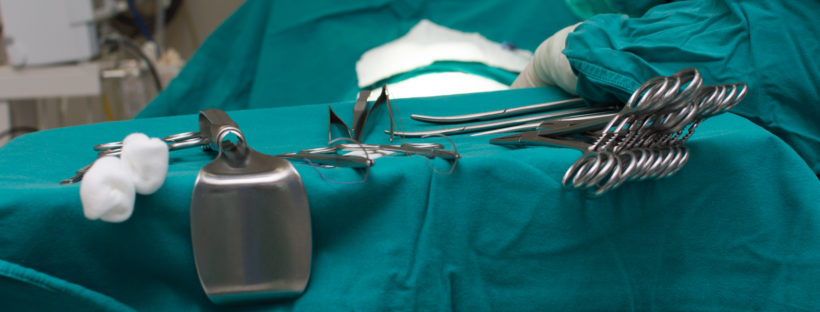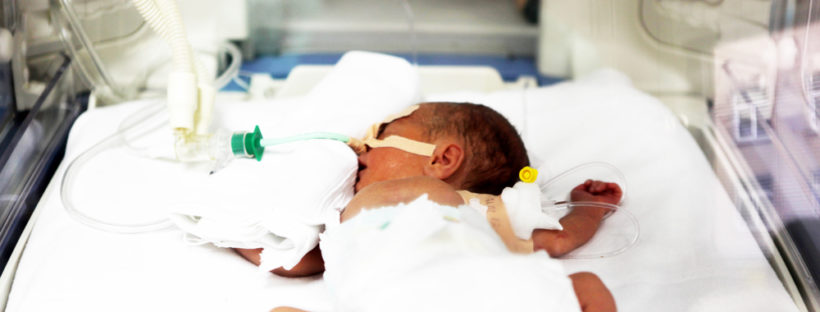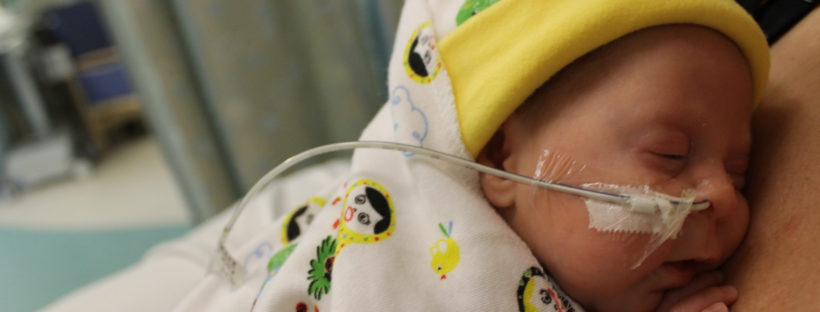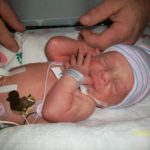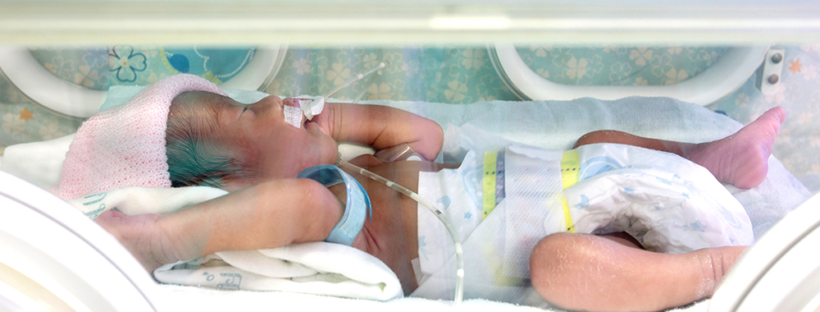By, Lori Boggan
Organ transplantation, according to the U.S. Department of Health and Human Services, dates back as early as 1869 with the first skin transplant. The first kidney transplant occurred nearly one hundred years later in 1954. Organ transplantation has saved countless lives. In 2014, transplantation history was made. It was the year the first transplantation bore life. Continue reading

